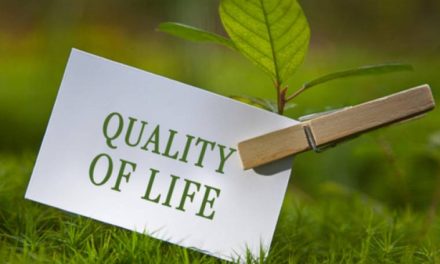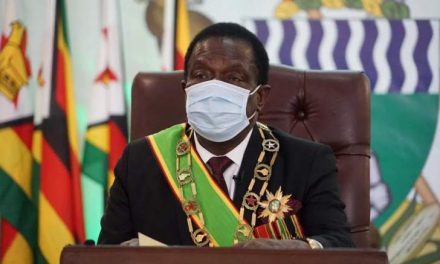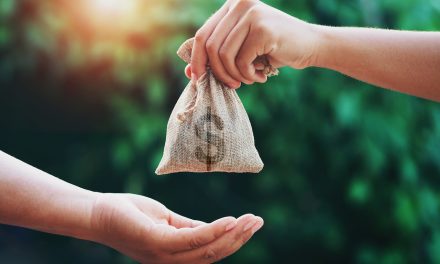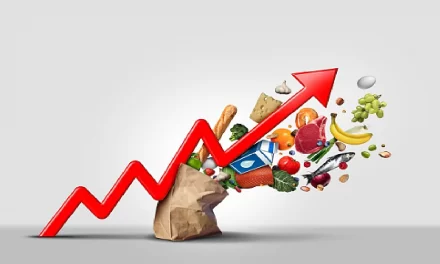The theme for Global Money Week is “plan your money, plant your future”. This theme also focuses on matters of sustainability. Sustainable personal finance habits are essential because success in personal finance is almost always about how long you can maintain positive action. Building sustainable personal finance habits requires discipline, patience, and a willingness to learn and adapt. By establishing good financial habits and making smart choices, you can achieve financial stability and security, and avoid the stress and anxiety that often come with financial uncertainty.
Create a Budget
One of the most important steps in building sustainable personal finance habits is creating a budget. This will help you keep track of your income and expenses and ensure that you are living within your means. Start by tracking your income and expenses for a month, and then create a budget that takes into account your necessary expenses (rent, utilities, food) and discretionary spending (entertainment, hobbies). Stick to your budget as much as possible, and adjust it as needed based on changes in your income or expenses. One mistake I see is people creating budgets out of their heads instead of observing their real behaviours and then creating a budget from them. Observation comes first.
Save Regularly
Saving regularly is crucial for building sustainable personal finance habits. Aim to save at least 10% of your income each month, and make it a habit to transfer that money into a separate savings account or investment account. This will help you build an emergency fund, save for future expenses, and invest in your future.
Pay off Debt
If you have debt, focus on paying it off as quickly as possible. Start with the debt that has the highest interest rate, and then move on to the next one. Once you have paid off your debt, you can redirect those funds towards savings or investments. This will help you avoid unnecessary interest charges and fees. Paying off debt will also help your creditworthiness and put you on a path towards financial freedom.
Plan for the Future
Planning for the future is essential for building sustainable personal finance habits. Set goals for your financial future, such as saving for a down payment on a house, starting a business, or investing. Make a plan to achieve those goals, and track your progress regularly. This will help you stay motivated and focused, and ensure that you are making progress towards your long-term financial objectives. The more detailed the plan the better.
Practice Mindful Spending
Mindful spending is an important habit to cultivate if you want to build sustainable personal finance habits. Before making a purchase, ask yourself if it is something you really need, or if it is just something you want at the moment. Consider waiting a day or two before making non-essential purchases to see if you still want or need the item. This will help you avoid impulse purchases and make more thoughtful spending decisions. For bigger purchases, it’s recommended to wait 90 days before buying.
Educate Yourself
Educating yourself about personal finance is key to building sustainable personal finance habits. Read books, articles, and blogs about budgeting, saving, investing, and other topics that can help you build sustainable habits. Attend financial workshops or seminars and talk to financial experts to get advice on how to manage your money effectively. Sustainability and consistency go hand in hand.
Be Consistent
Consistency is essential for building sustainable personal finance habits. Make a commitment to your financial goals and stick to them, even when it gets difficult. Track your progress, celebrate your successes, and make adjustments as needed to stay on track. Make a plan that involves you learning about finances daily, reviewing expenses weekly, reading a finance book monthly and reviewing your budget monthly.
Building sustainable personal finance habits is a long-term process that requires discipline, patience, and a willingness to learn and adapt. By following these tips, you can establish good financial habits, achieve financial stability and security, and enjoy the peace of mind that comes with being in control of your money.








